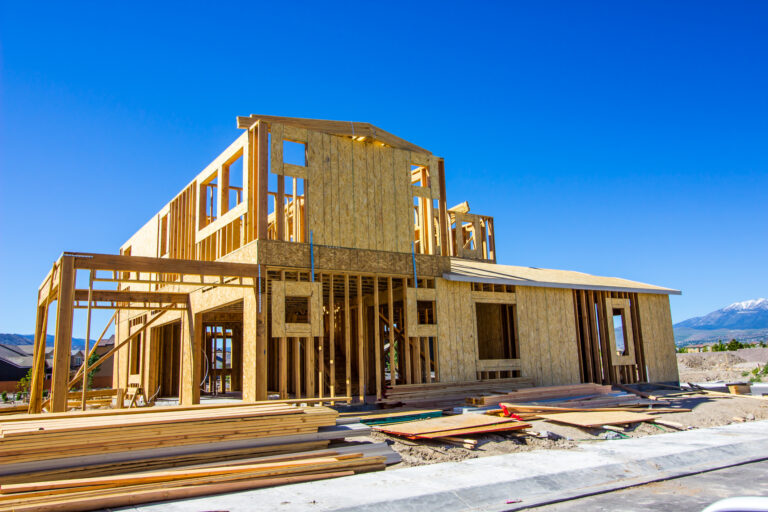Australian Property Update – May 2023

Homeowners Need Less To Retire
Millennials who don’t own property will need 50% more savings than homeowners to be able to retire comfortably.
A new report by consultancy firm Mercer says homeownership gives Millennials, those born between 1981 and 1996, a significant advantage when it comes to retirement.
The analysis, which was conducted in Canada but can be extrapolated to Australia, assumes that the millennial has an AUD$66,000 income and puts 10% of their monthly salary into savings.
It worked on the basis that to be ready for retirement Millennials needed a 75% probability of not running out of money before death.
The results show home-owning Millennials need to save only 5.25 times of their salary to be able to retire at age 65, but renters need to save eight times their salary to be financially ready and retire at 68 years old.
The report says retired homeowners do not have the same costs of living as most renters do.
“Homeownership also gives retirees flexibility, as retirees who downsize may be able to access a significant amount of money. Renters, conversely, must pay rent every month or face eviction — whether they are 25 years old or 85 years old,” the report says.
New Data Shows Where Migrants Are Heading
Australians are still keen on moving to the regions, with the latest Australian Bureau of Statistics figures showing regional population growth is now on par with that of capital cities.
The latest ABS Regional Population dataset has the first full year of population data after the 2021 Census and is the first set of data post the pandemic lockdowns.
The figures show population in both regional Australia and capital cities grew by 1.2% in 2022.
For capital cities this meant an additional 205,400 people, while for regional areas it equated to an additional 102,700 people.
Brisbane had the highest level of annual population growth, 2.3%, which equated to 59,156 people, buoyed particularly by a large influx of migrants from New South Wales.
Within the regions, Melton in Victoria is now the fastest-growing area in Australia, with a 6.4% annual increase in its population.
The total migration out of Melbourne and Sydney during the 2022 financial year was 78,000 people.
In terms of population drops, the biggest decline was in Brewarrina, New South Wales, which dropped 3.4% which equated to a loss of 1,438 residents.
Property analyst Michael Matusik says Australia is on track for net migration of more than 300,000 people this year which will lead to property price growth.
“Population growth is a key factor when determining underlying demand,’” he says.
He says prices are driven up by the increase in the number of people looking to buy property.
Few Property Fire Sales On The Horizon
High rents and the severe shortage of rental The potential for large-scale distressed property fire sales as a result of rising interest rates has been over exaggerated, according to new analysis of the market.
Online property settlement group PEXA says the rising risk of mortgage defaults is unlikely to trigger any fire sales, because other economic fundamentals such as low unemployment levels, rising demand for property and low supply means the markets will remain stable.
PEXA head of research Mike Gill says even another 50-basis point increase in the interest rates will not lead to property fire sales.
“For fire sales to occur, you have to see high unemployment where borrowers lose their jobs and they’re forced to make these selling decisions. We’re not seeing that,” he says.
“Some borrowers will really struggle to make their repayments and may be forced to sell. But I think on balance, we probably won’t see that to a great degree.”
The research does warn that nearly half of all suburbs in NSW (181 postcodes) have residents who are at high risk of missing a mortgage payment by May.
In Victoria, one in five suburbs (74 postcodes) are at deemed to be at risk and in Queensland 19 postcodes are considered to have above-average risk of default.




